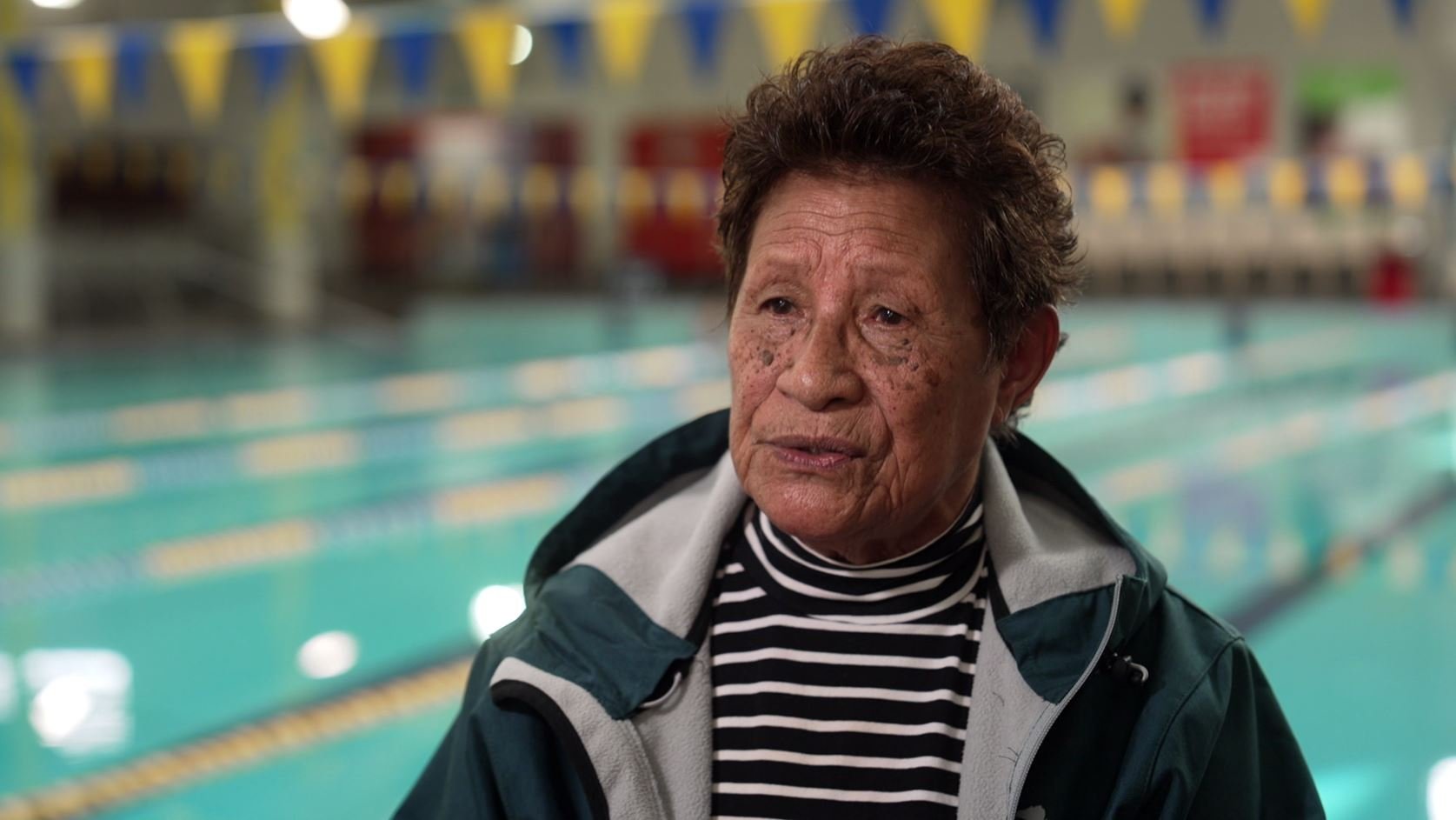Young Māori and Pacific students are leaving the education system more qualified than older Māori and Pacific people, Stats NZ Tatauranga Aotearoa said on Monday.
Data from the 2018 Census indicates that, in both secondary and tertiary studies, younger Māori and Pacific peoples are achieving outcomes closer to the national average than their counterparts in older age groups.
In the 2018 Census, 80.6 percent of Māori and 83.0 percent of Pacific 15- to 24-year-olds had at least a level 1 qualification or equivalent (such as School Certificate), compared with 85.8 percent of 15- to 24-year-olds nationally. Older age groups showed a larger difference, with 73.0 percent of Māori and 72.1 percent of Pacific 45- to 54-year-olds having at least a level 1 qualification or equivalent, compared with 84.6 percent of 45- to 54-year-olds nationally.
Qualification levels varied by age across the population, with younger people more likely to have at least a level 1 qualification. These differences were more pronounced for Māori and Pacific peoples.
“There has been a focus over recent decades on improving cultural understanding and teaching approaches within New Zealand’s education sector, which may have had an effect on the numbers of students achieving formal qualifications,” senior manager census data delivery Susan Hollows said.
The number of Māori and Pacific students gaining post-secondary school qualifications also increased between census years, with 20.7 percent of Māori and 18.0 percent of Pacific peoples aged 15 years and older having gained a level 5 diploma or higher at the time of the 2018 Census, up from 16.3 percent and 13.4 percent respectively at the time of the 2013 Census.
As a proportion of 2013 Census data, this represented an increase of over one-quarter (27.0 percent) for Māori and over one-third (34.3 percent) for Pacific peoples, a greater improvement rate than that for the total population (which was just under one-fifth or 18.1 percent).
Generational divide in qualification levels
This generational pattern has occurred across all areas of New Zealand’s education and training sector, with younger age groups more qualified than their older counterparts.
It has become more common for young people to gain formal qualifications, and the proportion of people aged 15 years and over with no qualifications fell to 18.2 percent at the 2018 Census, down from 20.9 percent at the 2013 Census.
Only 9.1 percent of 25- to 34-year-olds had no qualification at the time of the 2018 Census. This is about half the national average for people of all age groups over the age of 15 years. By comparison, 36.6 percent of people aged 65 years and over had no formal qualification at the time of the 2018 Census, about twice the national average.
“This reflects changes in society over time, with formal qualification requirements now the norm for many entry-level jobs, as well as improved education standards,” Mrs Hollows said.
In addition to the increased number of students who left the education system with at least some form of qualification at the time of the 2018 Census, a greater number of students departed tertiary institutions having successfully completed a course. Nearly half (47.5 percent) of people aged 25–34 years at the time of the 2018 Census reported having gained a diploma or higher qualification.
More information about qualification levels in New Zealand can be found in the New Zealand Qualifications Authority guide: Understanding New Zealand qualifications.
Source: Stats NZ





















































































